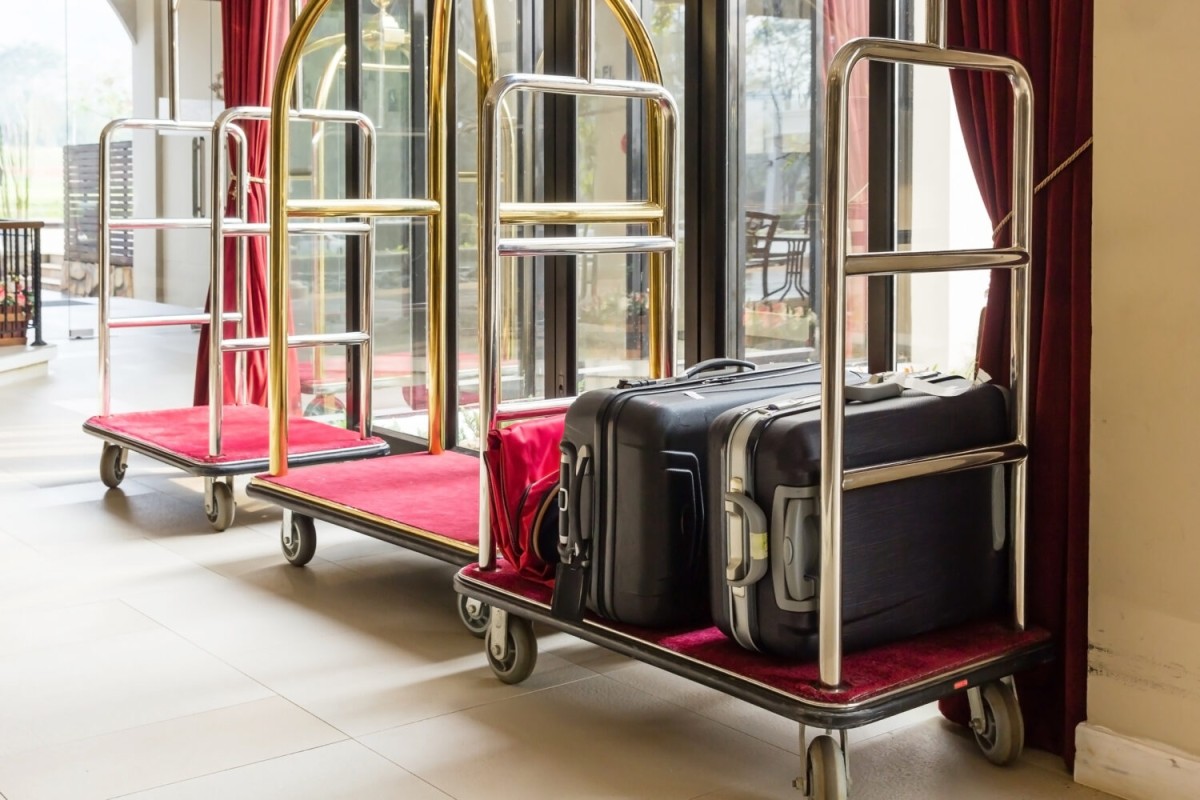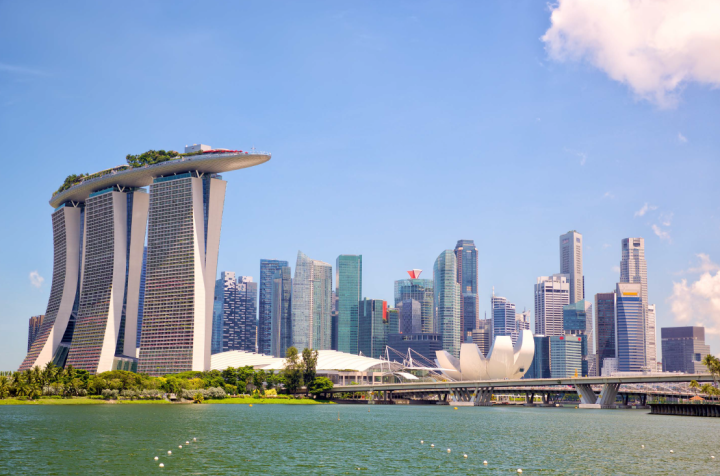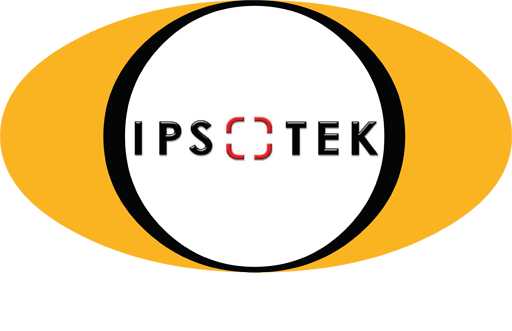While many of the headlines from the recently held AI Safety Summit focused on the need for legislation around the use of AI-enabled technologies, there were also plenty of positive discussions on the scope for AI to positively impact business and society.
Indeed, AI’s potential across multiple sectors is vast. The hospitality industry is no stranger to use cases as hoteliers increasingly turn to technology to automate processes and streamline operations effectively.
According to 2022 Hotelier Technology Sentiment, a staggering 70% of hotel executives are adopting various technological tools to increase operational efficiency. Beyond operational enhancements, PwC’s findings reveal that 76% of hospitality executives are utilising AI specifically to personalise guest experiences and boost customer loyalty.
Naturally, the heartbeat of the hospitality industry is its customer base. It’s at the centre of every decision, innovation, and service enhancement. How can emerging technologies manage such diverse touchpoints with customers, consistently influencing their overall experience? How can security, safety, operations and revenue enhancement of course, all come together?
One example is the application of computer vision. By integrating AI with existing security cameras, this technology can provide a comprehensive view to better manage safety, security and operations leading to ultimate customer experience and loyalty.
Computer vision relies on analysing what is happening in a CCTV video and transforming it to immediate alerts, actions, or useful insights. Applications can range from identifying abandoned luggage and unauthorised presences, to detecting smoke, traffic at entrances, or blocked exits.
With the capability to generate alarms in real-time to notify of any potential incident, AI can help create a safer, more secure, more timely and more streamlined customer experience, while enabling security and operations teams to work more efficiently and with increased confidence.
A compelling use case for this technology emerges during crowded scenarios, a sensitive and highly critical time for managers. Imagine a busy evening at a hotel, where a sudden surge of guests puts safety, security, and customer service to the test. Integrated with security camera feeds, computer vision technology can instantly alert managers of an overcrowded valet or reception desk, where staff members can be called for support.
It can ensure staff are not overwhelmed and, simultaneously, service quality is maintained. It counts the number of guests arriving to inform kitchen and housekeeping staff of the anticipated demand for their services, thus securing customer satisfaction at every step of their hotel experience.
While check-in queues are monitored by the same technology ensuring waiting times are still within range, security teams receive live alerts of abandoned luggage, a child falling down the stairs, or of any unexpected smoke in the car park. The result is a harmonised approach to overall safety, security, operational efficiency, and, most importantly, customer safety and satisfaction.
The hotel industry has only begun to scratch the surface of the possibilities when it comes to utilising AI. According to IndustryARC™, the travel and hospitality AI market will surpass $1.2bn by 2026, with most of this adoption focused on utilising AI technologies to enhance customer service.
Computer vision is one example of how such technologies can be of benefit. A streamlined and automated system for on-site operations, safety and security through AI analytics can improve customer experience and increase brand loyalty.
-
Originally published by CLH Digital Issue #188 - Nov 24, 2023
Featured image by Vecteezy



